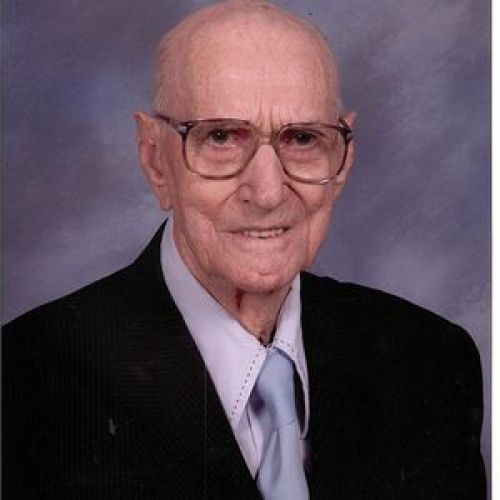
Willie W. Bonvillain
November 20, 2013
Patterson still alive after hard-fought victory
November 27, 2013To some people, progress in the Tri-parish area in the area of human relations progress is best noted by the elimination many decades ago of Jim Crow laws and implementation of voting rights initiatives.
But measures of tolerance are highly subjective, according to who is doing the measuring.
Leaders of black, Hispanic and Native American segments of local populations say that at many levels more progress is observed.
But from their perspectives there is still much work to be done.
“We have a long way to go,” said Jerome Boykin, president of the Terrebonne Parish Branch of the National Association for the Advancement of Colored People. “It isn’t as bad as it used to be but we still have a long way to go as a whole in terms of racial tolerance.”
Resistance to creation of a minority judgeship district in Terrebonne – which is likely to end up in litigation – is one area where Boykin says the need for tolerance and accommodation is evident.
Native Americans – especially those who are older – look at changes from the time when they were not able to attend high school due to lack of services and availability of prorams.
But one outspoken Indian voice, Houma attorney Mike Billiot, notes that with local tribes not federally recognized and lack of movement by state officials in granting what he sees as Native Americans’ due, means that progress is stalled.
“In terms of tolerance, we are tolerant of people being on our land,” Billiot said. “That’s the only real tolerance going on, and we are not being compensated or recognized as indigenous people should be recognized.”
Empowerment does occur – Billiot has been particularly busy trying to convince Native people to vote as a bloc. From that, he says, empowerment becomes real.
“We can show that we can swing an election,” Billiot said. “But can we empower ourselves to gain recognition from the local government of our status as an independent government.”
He maintains that the Houmas people








